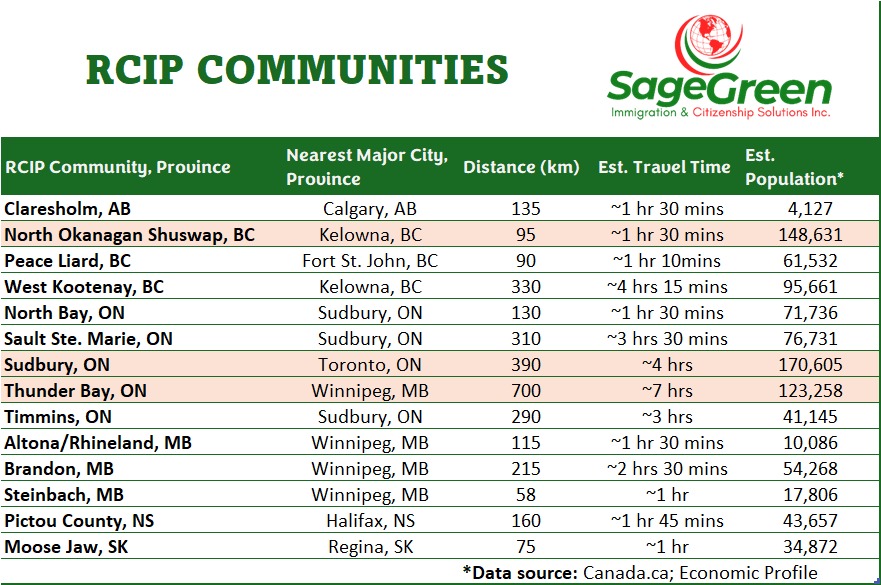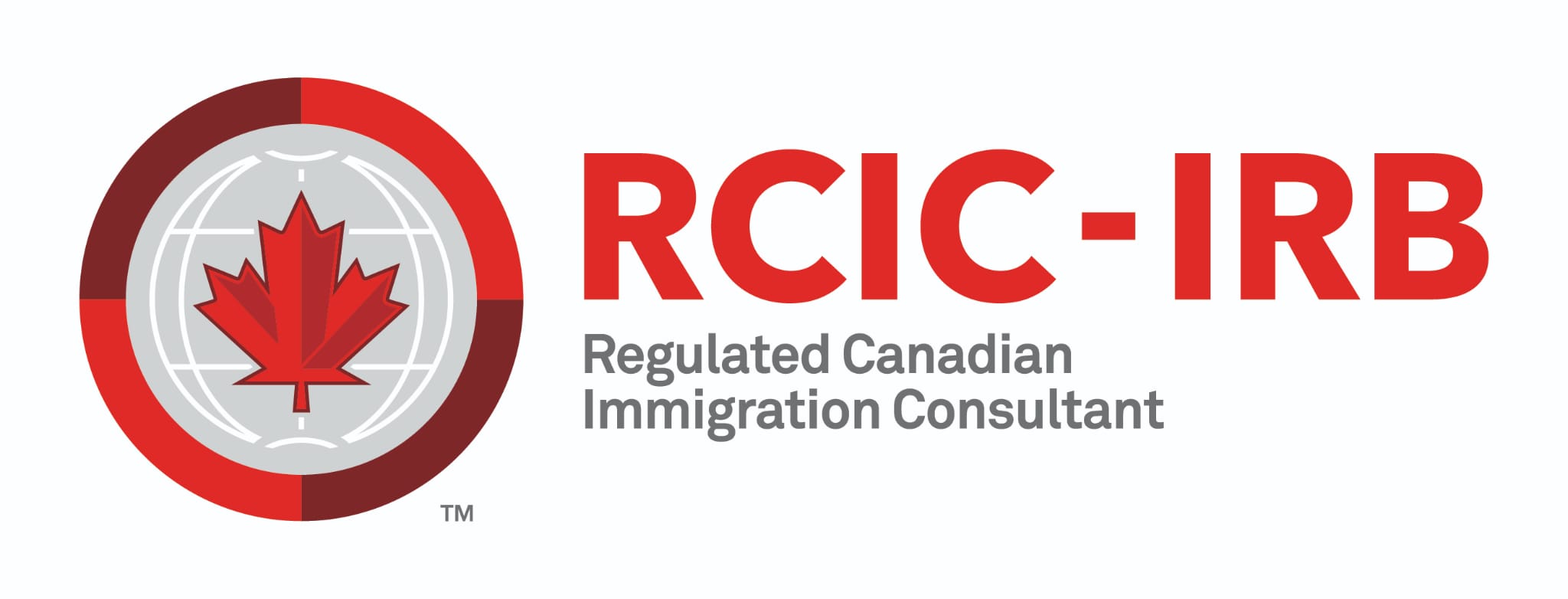
When applying for a temporary visa—whether for study, work, tourism, or business, one of the most critical factors considered by immigration authorities is your intent to return to your home country after your authorized stay. This intent is evaluated through your ties to your home country, which can significantly influence the outcome of your visa application.
What Are “Ties to Your Home Country”?
“Ties” refer to the aspects of your life that bind you to your home country, showing that you have compelling reasons to return after a temporary stay abroad. These can include:
- Family Ties: Immediate family members such as parents, spouse, children, or dependents residing in your home country.
- Employment or Business Ties: Stable jobs, business ownership, or professional commitments requiring your presence.
- Financial Ties: Property ownership, savings, investments, or other financial assets.
- Social and Community Ties: Participation in community organizations, religious institutions, or social groups.
- Educational Ties: Enrollment in educational programs or commitments to complete ongoing studies.
How to Demonstrate These Ties
Effectively showcasing your ties can be achieved with proper documentation, such as:
- Family Documents: Birth certificates, marriage certificates, or letters from family members affirming your relationship.
- Employment Evidence: Employment contracts, pay slips, or letters from employers confirming your role and tenure.
- Financial Records: Bank statements, property deeds, investment portfolios, or tax returns.
- Community Involvement: Letters from community leaders, membership cards, or records of volunteer work.
- Educational Commitments: Enrollment letters, transcripts, or letters from educational institutions.
Consequences of Insufficient Ties
Failing to clearly demonstrate strong ties can result in visa refusals. Immigration officers may perceive a lack of compelling reasons to return as a risk of overstay or unauthorized employment, which can negatively affect your application.
Strengthen Your Application
A well-documented application that clearly outlines your ties to your home country not only strengthens your case but also builds trust with immigration authorities—increasing the likelihood of a positive outcome.






